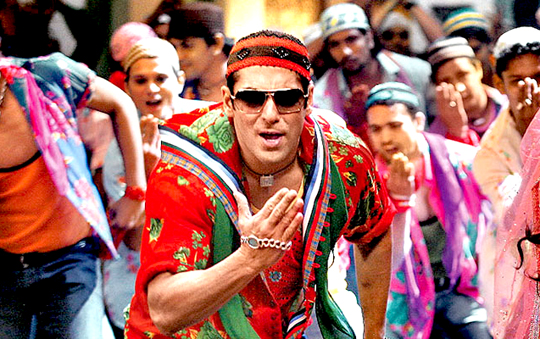Mumbai, Jun 2: Superstar Salman Khan is offering his fans a chance to feature in a remixed version of a song titled “Selfie le le” from his forthcoming film “Bajrangi Bhaijaan”.
The first song of Salman’s highly awaited film features the actor “clicking a lot of selfies”. Now there is a remixed version of the song being made and Salman is giving his fans a chance to star in it.
“Salman wants fans to click selfies and send it to him. He will then personally go through the pictures and select a few. However, he wants fans to watch the original version of the song and accordingly click the selfies.
The chosen few will get the opportunity to feature in the remixed version of ‘Selfie le le,” said a source.
The teaser of “Bajrangi Bhaijaan” has created a huge buzz and the first song will be out with “Dil Dhadakne Do”, which releases in theatres on June 5.






Comments
Add new comment